By: Shawn Murphy
The classic illustration is to think of it the same way you would think of the safety instructions when you board a jetliner with your child. If a situation arises inflight, we are instructed to first secure our own oxygen mask before trying to place an oxygen mask on our child. We’ve all heard the announcement. “In the event of a loss of cabin pressure, oxygen masks will deploy… to secure pull the mask toward you, secure the elastic strap… please make sure to secure your own mask before assisting others.”
When caregiving for a child or family confronted with the seemingly unrelenting challenges of cancer, it is even more important than ever to be intentional in taking care of ourselves…first. For most of us, this can feel counterintuitive, perhaps even selfish. After all, aren’t we by definition providers, protectors, and caregivers? We’re at a stage of life where we’re generally less used to being on the receiving side of care than on the giving side.
The truth is that if we want to do the very best job possible caring for our child and our family over the long haul, it is in everyone’s best interest that we are regularly investing the necessary time to maintain our personal health and wellness. Moreover, since our essence as human beings is body, mind, and spirit, the regular maintenance of these three vital life elements should be reflected to some degree each and every day if only for brief moments.
Signs that we may be in trouble as caregivers include being irritable or overwhelmed, changes in sleep patterns, feeling tired all of the time, gaining or losing a lot of weight, or a lack of interest or apathy toward activities we previously loved.
When we see these signs in ourselves, it is important to take some time to visit with a properly vetted and trusted professional, such as a physician (body), counselor (mind, emotions, behavioral), and/or faith leader (spirit) and apply some of the tips below to help prioritize your own health.
Accept help when it is offered.
Most people genuinely do want to help. If you can’t allow anyone to actually watch your sick child, prepare a list of things you are comfortable allowing people to help with. Maybe someone could run some errands for you, pick up your groceries or bring you dinner. Whatever it is, let someone else take some of the burden from your shoulders.
Make a plan to care for your own physical health.
We need to maintain adequate nutritional status, set priorities on getting enough sleep whenever possible and add exercise (even if it is as simple as a brisk walk 3 to 5 times each week) to help reduce the toll of stress on our body.
If you are on prescription medications, be sure to keep up with taking them on schedule, refilling them on time, and scheduling any follow-up appointments with your own physician to manage your health issues. It is helpful to schedule such recurring reminders into our phone’s calendar so that we don’t lose track of time.
Make a plan to care for your emotional and mental health.
When faced with a traumatic experience, other areas of our life that were once “manageable” sometimes become “unmanageable”. It is not unusual for anxiety and depression to begin to mount. It is always preferable to seek professional counsel and support before an emotional mood disorder(s) can take root; not only for ourselves but for our children and family as well.
- If we get depressed, it may affect our children adversely.
- The reverse is also true: when we do what it takes to be happy ourselves, our children reap the benefits.
- Emotions, in general, are contagious.
If you find that you continue to be overwhelmed and depressed, please take the issue to your physician or counselor right away. Again, it is quite common for caregivers to experience depression and some may need more than just these simple behavioral changes to get through it. PLEASE, take care of yourselves so that you can continue to take care of others.
Shawn Murphy, M.A. is an ordained pastor and serves as Director of Community Development at the Summit Counseling Center in Johns Creek, GA.



